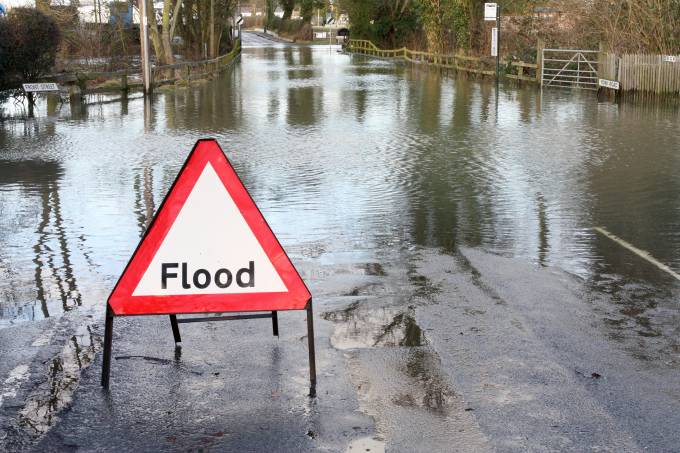Greater urgency needed to tackle flooding in Scotland’s communities, report finds

Whilst some public bodies and councils are working well together to tackle flooding, they face gaps in leadership, skills and data, and there is uncertainty about funding, according to a new joint report from the Auditor General for Scotland and Accounts Commission on flooding in communities.
The report found that these issues are limiting what can be achieved and opportunities to maximise the benefit of money spent are being missed.
Climate change is increasing the severity and frequency of flooding in Scotland, with almost 400,000 properties potentially at risk by 2080. But there is a risk that the action needed to prevent and tackle the already clear harms of flooding won’t happen at the scale and speed needed.
With the Scottish Government placing much more emphasis on flood resilience, there remain multiple barriers to effective collaboration across the public sector and to support communities. There is a lack of clarity in roles, responsibilities and funding. More also needs to be done to support communities to prepare for, and recover from, flooding.
The process for allocating funding for major flood schemes is currently not fit for purpose. Existing major flood schemes are taking longer to complete, with expected costs more than doubling to over £1 billion. This means that fewer homes and communities are protected than originally expected.
Stephen Boyle, Auditor General for Scotland, said: “The Scottish Government and other public bodies must urgently address critical gaps in roles, responsibilities, information and data. Failing to do this risks ambitions to build communities that can better withstand and recover from flooding.
“Whilst there are good examples of the Scottish Government collaborating with councils, communities and other public bodies, this isn’t sufficient given the scale of future risks. It is vital that greater certainty and clarity about the funding available for major flood schemes is provided, with costs and impacts managed and measured, and national agreement on collaborating and engaging with communities secured.”
Andrew Burns, deputy chair of the Accounts Commission, added: “Communities are at the heart of future flood resilience. Whilst there are good examples of the work councils are doing, they face significant challenges. There are gaps in the data they need, uncertainty over funding and a shortage of skilled staff.
“There are inconsistencies in the advice, money and support to enable communities to become both more resilient to flooding events and recover more quickly. These challenges need to be addressed by both local and national government.”













